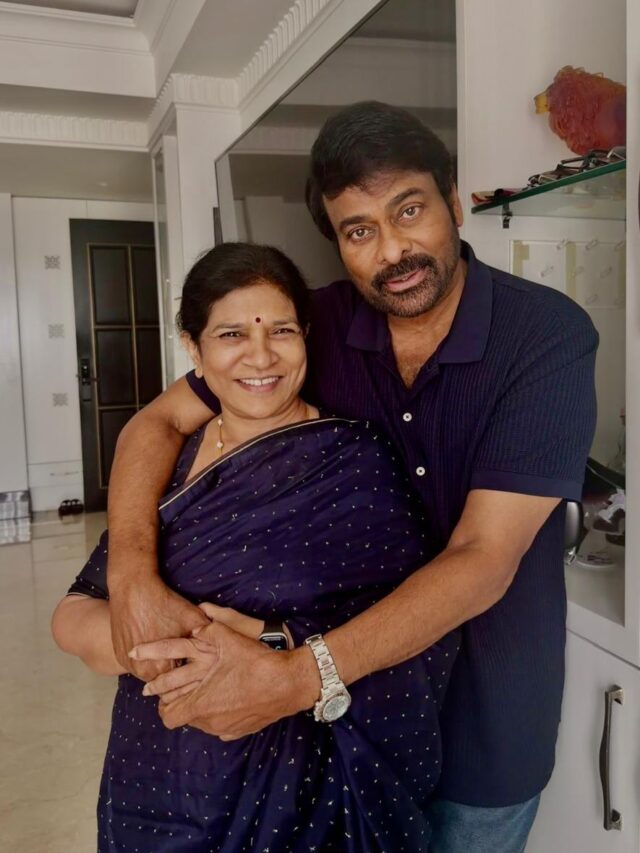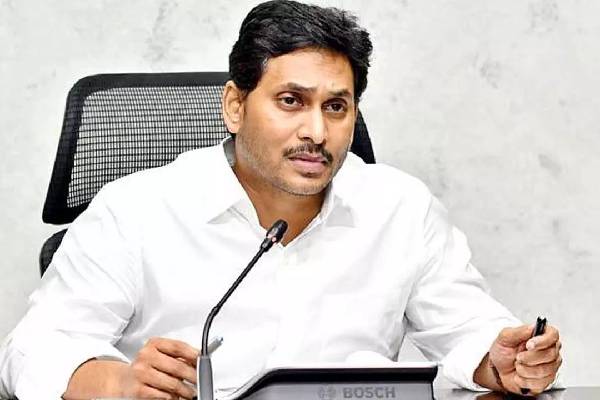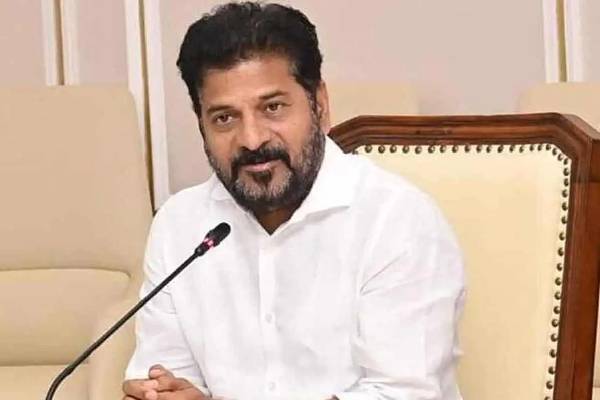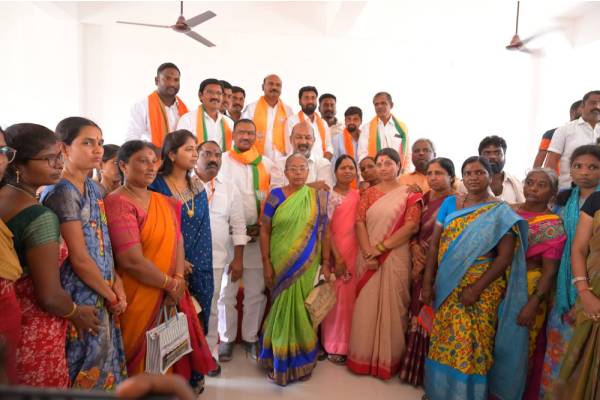AIMIM President Asaduddin Owaisi is known for brining communal colour to every issue. Whether war on terror, surgical strikes on the boarder and any far reaching reform. Now he didn’t hesitating to bring this colour to the demonetisation move of the Prime Minister Narendra Modi.
Claiming that this has created havoc among the marginalised communities, whether Dalit or Adivasi or Muslim or women, he said the ban on high value currency has affected Muslims adversely. To substantive his allegation, he referred to a Reserve Bank of India (RBI) report which said that Indian Muslims constitute 14% of the total population, but their share in different financial assets categories is disproportionately low to their numbers.
In an interview to a national news channel, the Hyderabad MP asserted that the World Bank CGAP Report has shown that in towns where the Muslim population is more than 50 per cent, only 53% of households have a bank account. Whereas, this percentage moves up to 68% if all urban areas are taken into account.
According to him, Muslims are excluded from all formal institutions like banks and cooperative societies, with a participation rate at just 3%. 90 per cent of loan applications made by Muslims to banks and finance corporations are rejected.
Adequate bank network was missing from Muslim areas. In many Muslim areas, banks are not present in the manner they should be. The proportion of loan distribution is also less (compared to other areas). ATMs are not there. ATMs in Muslim-dominated areas were not functioning. If a bank is open (in Muslim areas), it is declared ‘red zone’, he added.
However, asserting his observations are not `communal’, he deplored that “How can it be communal when I am asking for more banks, more accounts? I am asking for more ATMs, more cash for ATMs as compared to other areas.” “The problem is that the governance system in our country is always pro-forward, pro-rich communities and never pro-slum or pro marginalised communities,” he added.


































